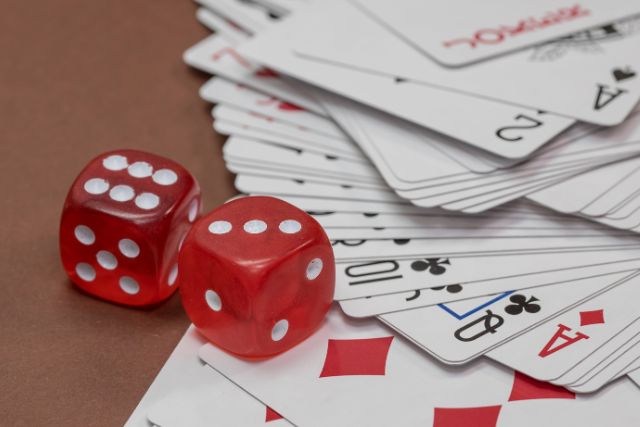As the saying goes, gambling is a game of chance, where the thrill of victory and the agony of defeat hang in precarious balance. However, within the world of gambling, one undeniable truth persists: someone will always lose. In this article, we delve into the often-overlooked aspect of gambling—the inevitability of loss—and explore its implications for individuals drawn into its allure.
The Appeal of Gambling
In today's society, an increasing number of individuals are drawn to gambling as a means of escapism, stress relief, or entertainment. What many fail to recognize, however, is the potential toll it can take on their lives. Let's uncover the hidden costs of gambling and the profound impact of loss on those ensnared in its grasp.The Harsh Reality of Losing
1. Continuous Gambling, Continuous Loss
One of the primary mechanisms through which individuals lose in gambling is the tendency to continue wagering despite mounting losses. The more one gambles, the more likely they are to suffer substantial financial setbacks.2. Misconceptions about Winning
While many associate gambling with the allure of winning, the truth is that the odds are stacked against the player. The allure of potential victory often blinds individuals to the harsh reality that losing is far more probable and impactful.3. Statistical Realities
Card GamesIn games such as card games, the probability of achieving a winning hand is staggeringly low. With 52 cards in a standard deck and countless permutations, the chances of success dwindle significantly.
Dice Games
Similarly, in games involving dice, the odds are firmly against the player. With each roll, the likelihood of achieving the desired outcome diminishes, highlighting the arbitrary nature of gambling outcomes.
Similarly, in games involving dice, the odds are firmly against the player. With each roll, the likelihood of achieving the desired outcome diminishes, highlighting the arbitrary nature of gambling outcomes.











